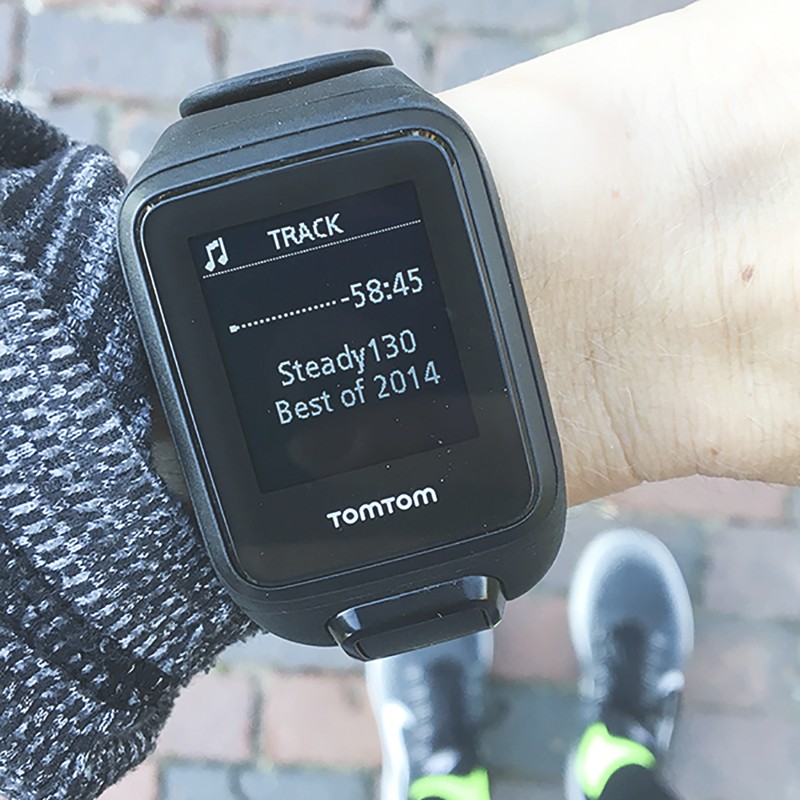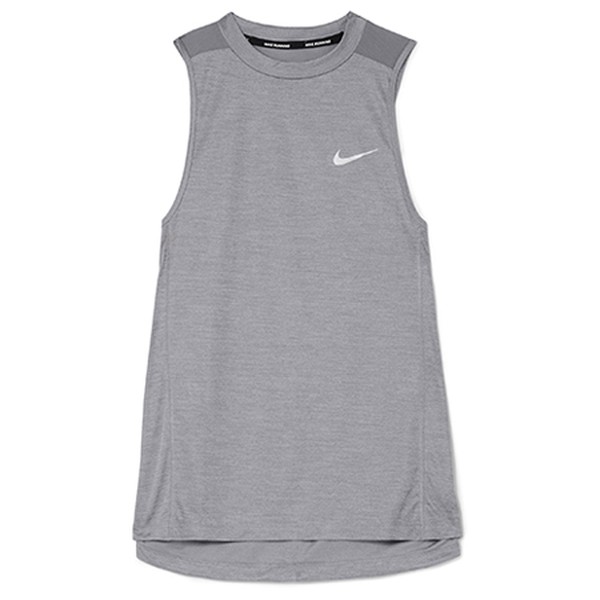The Running Diaries: 5 Things I Learnt This Month
In this second instalment, we find out how she’s been getting on and what she’s learnt in her second month of training...
1. It Helps To Have A Purpose
Just days after posting the initial Running Diaries back in January, I was hit with a wave of anxiety. After a teary conversation with my boyfriend one evening, I realised I needed to focus on why I was doing this. After all, 26.2 miles is no easy feat – there’s a reason why more than 30% of runners who sign up for a marathon never make it to the start line. So, why am I doing this? For the challenge; the sense of accomplishment; stepping outside my comfort zone and, perhaps most importantly, raising funds for a charity close to my heart. Having this motivation will make all the difference – trust me, you’ll need it when you’re clocking in half marathons (and more) every Sunday morning and pounding the pavements in the pitch black at 6:30am pretty much every weekday morning, come rain or shine.
At the time of writing, I’ve run just over 170 miles already this year and there’s still a daunting eight weeks to go. However, I feel somewhat reassured by the fact that, according to statistics, 28 is the perfect age to run a marathon. Nonetheless, the same study also stated 38 was the ideal age at which to start Botox – am I ten years too early for my marathon, too?
2. Running Isn’t Free
Whoever said running was an affordable way of keeping fit was lying. There’s absolutely nothing about running that’s free – true, you don’t need a gym membership, but factor in a good pair of trainers, some decent running gear (my go-tos include a pair of compression leggings, a Lululemon long-sleeve run top and a Sweaty Betty Victory Run Bra – I have at least three of each) and much-needed physio sessions and you’re looking at a pretty hefty bill.
And not to mention the precious pennies you’ll spend on less than inspiring items such as energy gels and rehydration formulas – if you’re interested, Gu and Torq are some of the best gels I’ve come across; buy them in bulk on Amazon (they taste like liquid Haribo) and add some Nuun Hydration Tablets to your basket while you’re there. Adding one of these to a pint of water after my longer runs has made a real difference to my recovery and unlike other sports drinks are sweetened with natural stevia and have no nasties.
3. Look Out For Chafing (And Blisters)
No mention of marathon training would be complete without a reference to feet, blisters and chafing. It may seem logical that your feet will take the brunt of training (during the marathon itself, the average runner will cover 40,000 steps) but with so much emphasis placed on foam rolling and other forms of recovery, it’s no wonder the humble feet get ignored.
I still get the odd blister post long-run and would appreciate any words of wisdom – my next beauty-related trial will be slathering my feet in BodyGlide (yes, this really is a thing) as I’ve heard it works miracles. And as per the chafing, I won’t delve into too many details, but I can assure you I’ve discovered parts of my body I didn’t even know were chafe-able.
4. Your Body Will Change
Despite being a keen spinner, yogi and part-time runner prior to signing up to the marathon, my body has changed in ways I didn’t think possible in the last six weeks. Everything feels tighter and firmer, and while I didn’t set out to lose any weight, I’ve lost several pounds despite eating more (the marathon is the best excuse you’ll ever have to eat copious amounts of carbs – use it to your advantage).
Physiologically, it’s those long runs that really do the magic – your heart will get stronger as it works harder to boost blood flow to the legs, arms and core; your ability to move oxygen in and out of your lungs will increase significantly; and your muscle strength and endurance will improve as your mitochondria (energy-producing structures in cells) and capillaries become denser. Marathon training really has upped my fitness game like I never thought possible.
5. It’ll Redefine Your Relationship With Alcohol
Hear me out on this one – I’ll never go teetotal, but cutting back on my drinking really has made me think twice about my relationship with alcohol. While nothing will beat a cold vodka tonic after work on a Friday or a glass (or three) of bubbles on the weekend, if you want to be serious about your training, you need to cut back. Training at least four times a week and hangovers don’t go hand in hand and for a perfectionist who likes to see results, that means no drinking on school nights and limiting alcohol consumption on the weekend, too.
And I hate to say it, but you’ll feel infinitely better for it, and incredibly smug. If you’re at all interested about drinking less (I don’t blame you if you’re not), Catherine Gray’s The Unexpected Joy of Being Sober is well worth a read.
To find out more about why Tor is running the London Marathon, visit her Just Giving page
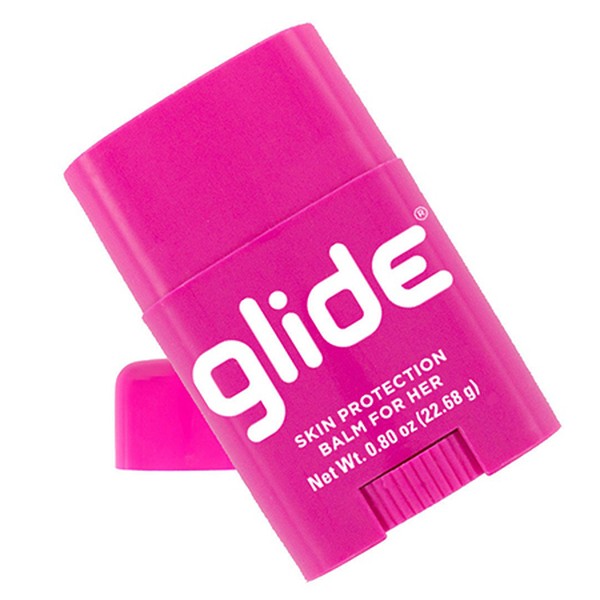
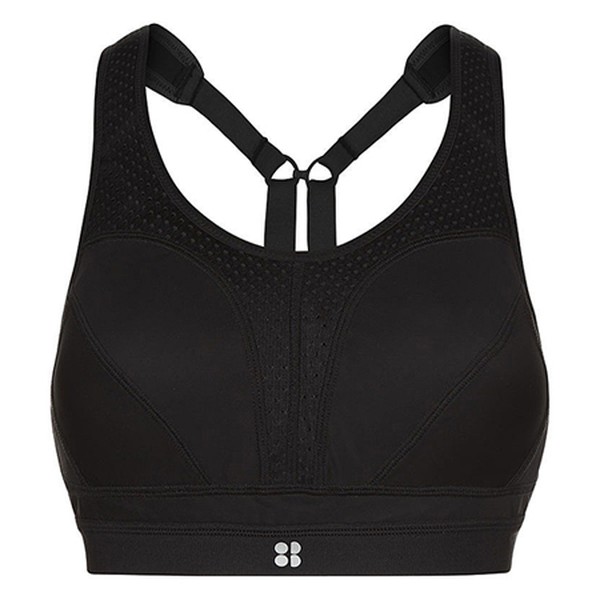
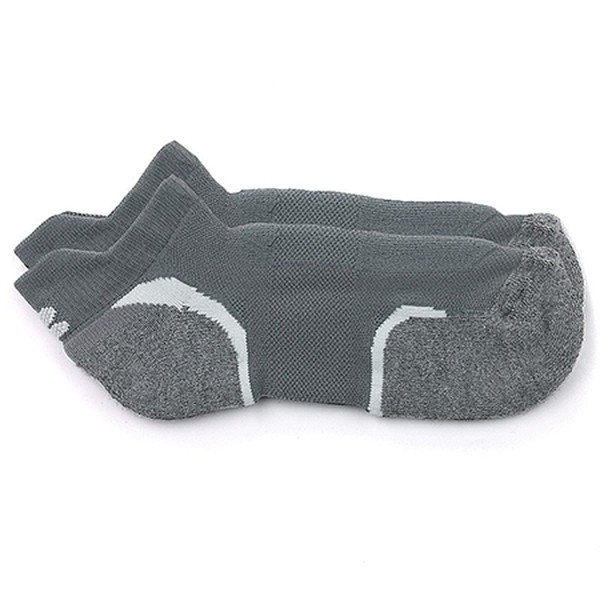
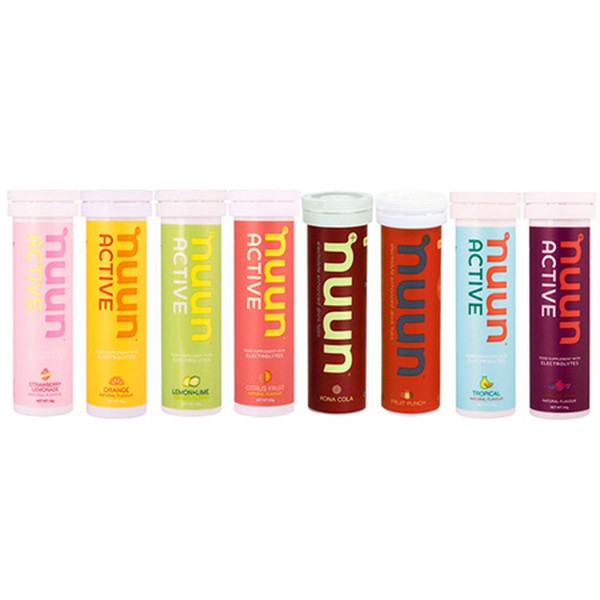
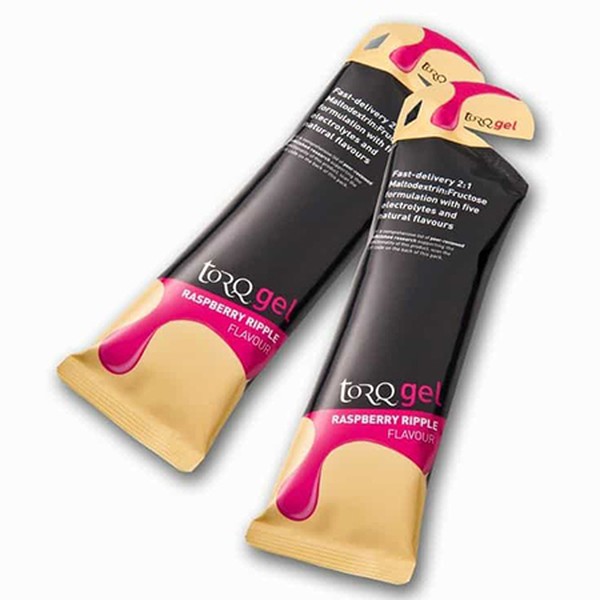
DISCLAIMER: We endeavour to always credit the correct original source of every image we use. If you think a credit may be incorrect, please contact us at info@sheerluxe.com.
